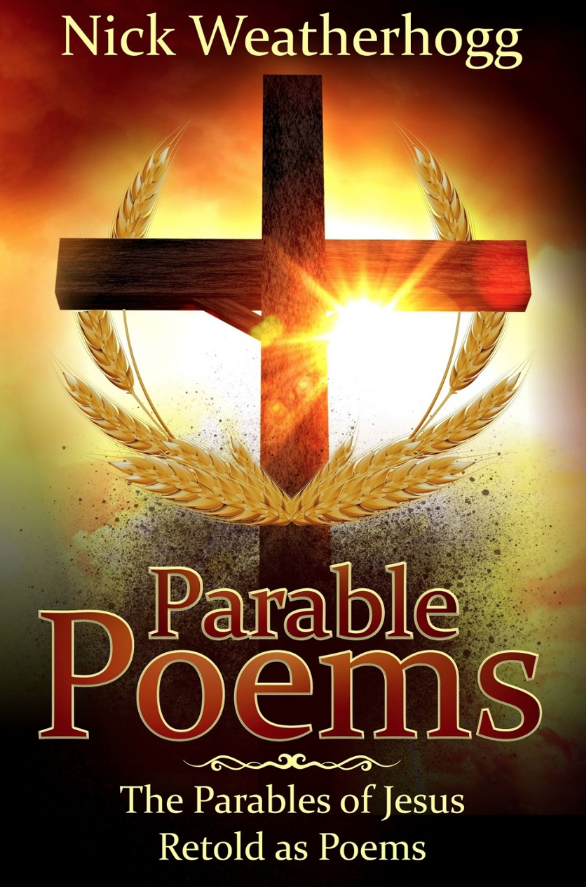The Parables in poetic form
Fearing that our familiarity with the best known parables might lead us to missing their application, Baptist church member and lay preacher Nick Weatherhogg has rewritten them as poems. He explains more
 Ask a church member to quote any part of the Bible, and you will probably get the Lord’s Prayer or the Psalm 23 – and the recitation will probably be pretty accurate.
Ask a church member to quote any part of the Bible, and you will probably get the Lord’s Prayer or the Psalm 23 – and the recitation will probably be pretty accurate.
Beyond that it will be a stab at the Christmas story, the Easter account, or one of the Lord Jesus’ parables … and here the rendition will undoubtedly be fairly sound on the major points, but somewhat more vague some of the key details and (particularly) the application. Why should that be, since we know the stories so well? Perhaps that is the problem … we know them so well!
They say familiarity breeds contempt. Amongst the best-known passages of Scripture, those with which we are generally most ‘familiar’, are the wonderful series of stories that Jesus told his disciples. I have long feared that this familiarity often means that, while we may not be contemptuous, we can often miss the thrust of the parables, take them for granted, and forget the application to us.
Hence Parable Poems. I have rewritten every parable in poetic form to try to breathe fresh life into them (not that they are dead, but our response to them often is!). I have very carefully stuck to the absolute truth of what the Lord Jesus said, but have also extended into application for us, and at times tried to add a little humour as well as further challenge.
Our Lord used humour, as have many of the greatest Bible teachers through the ages. While I certainly would not put myself in that category, I appreciate that humour can often make a point when straight-talking can’t. We warm to humour, open ourselves up in a way we do not with more inflexible language. And Jesus showed many times as we open ourselves to His word then ‘Wham’, it gets you right between the eyes.
As a simple example, the last verse of The Rich Man and Lazarus:
The message should be clear to us
No matter what we face,
Our only hope for future peace
Is lean upon God’s grace.
Every single parable is covered – from the lengthy and better known stories such as the Good Samaritan and the Prodigal Son, down to those which are often forgotten or overlooked, the pithy very short tales like the Fig Tree or The Yeast. Each has its own unique style, setting and metre, and each one has an application to challenge and encourage.
The book has been well reviewed online. One reviewer stated ‘author Nick Weatherhogg simplifies these timeless teachings by retelling Christ’s parables through poetry. After reading these illuminating poems, the words of Christ will reside within you. His wisdom will sparkle with clarity as you absorb the true meaning of his words’
Another said ‘This book makes the Parables of Jesus fun and easy to understand by retelling them as poems’.
This book can certainly help you achieve your New Year’s resolutions in learning more about Jesus and drawing closer to Him!
Nick Weatherhogg is a member of Radstock Baptist Church in Somerset. He serves as a lay preacher for several local churches
Baptist Times, 05/01/2018